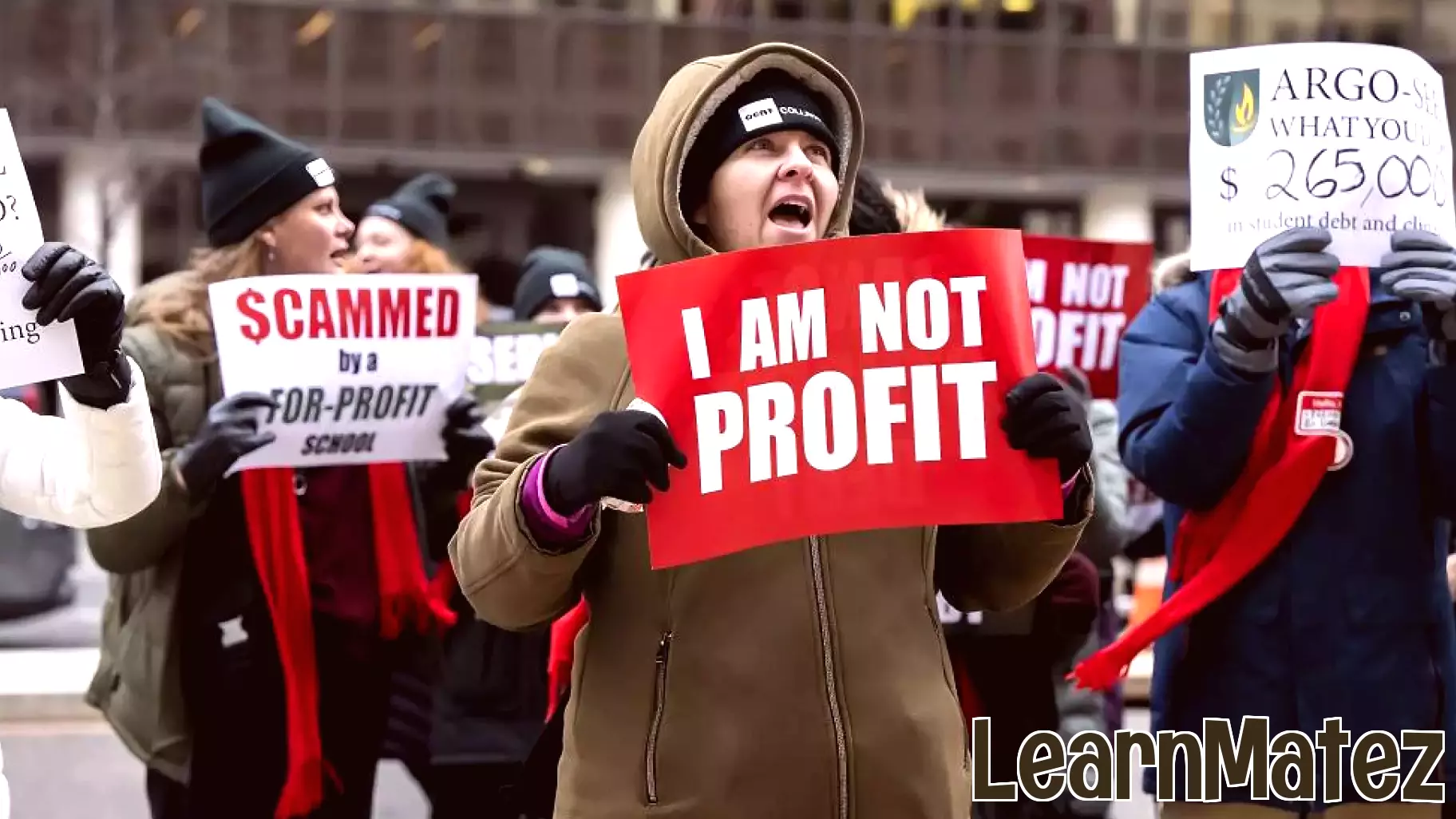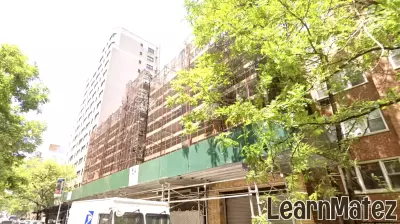Education: A New Divide Between Classes
April 30, 2025 - 12:20

In a controversial move, recent Republican proposals suggest a shift in educational funding that could position higher education as a privilege primarily for the upper class. The underlying goal appears to be reallocating resources from higher-education assistance to finance tax cuts benefiting wealthier individuals. Critics argue that this approach undermines the fundamental principle of equal access to education, which has long been viewed as a cornerstone of the American Dream.
By prioritizing tax breaks for the affluent, these proposals risk deepening the divide between socioeconomic classes. Families from lower and middle-income backgrounds may find themselves increasingly unable to afford college tuition and related expenses. This trend raises significant concerns about the future workforce and the potential for a less educated population, which could hinder economic growth and innovation.
As the debate unfolds, the implications of these policies are likely to spark intense discussions about the role of government in education funding and the importance of maintaining equitable access for all students, regardless of their financial background.
MORE NEWS

February 24, 2026 - 03:39
Some New Orleans schools will remain closed Tuesday after main water break. See list.A significant water main rupture under a major Uptown thoroughfare on Monday morning continues to disrupt city services, prompting the closure of several schools for a second consecutive day on...

February 23, 2026 - 22:11
Special educational needs system to be overhauled in EnglandA significant overhaul of England`s Special Educational Needs and Disabilities (SEND) system has been announced, with changes set to reshape support for children over the next decade. The central...

February 23, 2026 - 04:21
Why adults pursuing career growth or personal interests are the 'new majority' studentMillions of adults are now continuing their education by returning to school and enrolling in a diverse array of credit and non-credit courses, certificate programs, micro-credentials, job training...

February 22, 2026 - 06:54
Childhood Education Facility Opens At 403 East 65th StreetA new early education facility has officially opened its doors at 403 East 65th Street, bringing expanded learning opportunities to young families in the neighborhood. The center will serve as a...